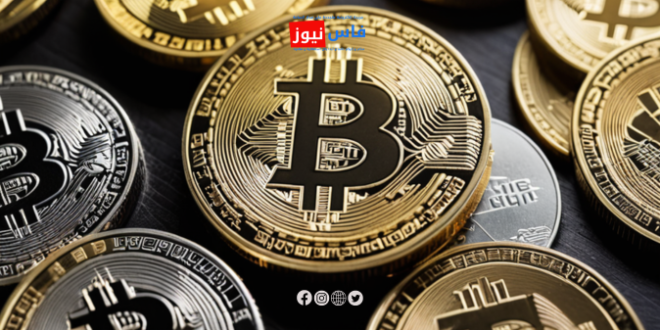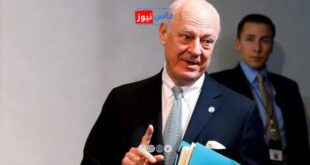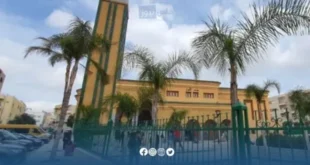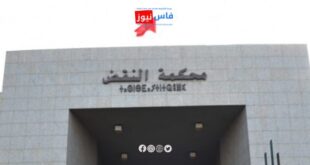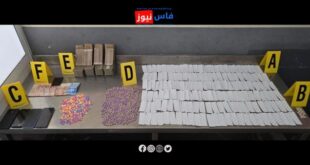During the first edition of the “Morocco Blockchain and Crypto Currencies Days” held in Rabat, experts highlighted the enormous economic potential these technologies could represent for Morocco if their regulation is finally finalized.
Contrary to popular belief, Morocco is not lagging in the adoption of blockchain and cryptocurrencies. This is the conclusion drawn by Badr Bellaj, CTO of the Moroccan company Mchain, which specializes in blockchain solutions. Speaking at the first edition of the “Morocco Blockchain and Crypto Currencies Days,” held last week at the National Institute of Posts and Telecommunications in Rabat, the expert revealed data that challenges common assumptions.
First, Morocco ranks among the top 30 countries globally in terms of cryptocurrency adoption. According to the American data platform Chainalysis, the Kingdom ranks 27th in the Global Cryptocurrency Adoption Index, with assets valued at $12.7 billion. This makes it the leading country in the Middle East and North Africa region in this regard.
Bellaj also presented the results of a survey conducted by his firm. The survey found that “63% of respondents are aware of cryptocurrencies, although some cannot name any beyond Bitcoin.” Additionally, 60% of those informed about cryptocurrencies are between 20 and 30 years old, indicating a predominantly young adoption.
In more detail, “50% of cryptocurrency investors have invested around $1,000, or approximately 10,000 dirhams (DH), with only 27% doing so for speculation.” As for how these “crypto enthusiasts” proceed, “50% use cash due to the lack of regulation and access to official platforms.”
While Mchain’s study is primarily focused on consumers, Bellaj believes that businesses should also take an interest in cryptocurrencies, as “Morocco represents fertile ground for the development of related services.”
Blockchain: Less Constraining Uses
However, with the exception of “some Moroccan banks [that] are beginning to consider a role as trusted third parties to manage cryptocurrency holdings in anticipation of future regulation,” businesses are focusing more on blockchain. Mchain has identified the implementation of 18 major blockchain projects in Morocco between 2018 and 2024. These projects are being carried out by large private groups as well as public institutions.
Examples include the National Agency for Land Conservation, Cadastre, and Cartography (ANCFCC), Tanger Med Port Authority (TMPA), and Banque Centrale Populaire (BCP) in partnership, as well as Attijariwafa Bank, BMCE Capital, and Maroc Leasing.
“If we analyze blockchain adoption by sector in Morocco, finance is by far the area where this technology is most used,” the expert stated, noting that this sector accounts for 58% of applications. Logistics and the public sector account for 16% and 11% of cases, respectively. “Detailing the use cases, we observe that blockchain projects mainly revolve around asset tokenization, traceability, secure payments, and fraud prevention,” he added.
Echoing Bellaj’s observations on the rise of cryptocurrency and blockchain in Morocco, Khalid Madidi, Director of Trade Finance and Credit at OCP, shared during a keynote at the same event his group’s use case for blockchain applied to its international operations.
OCP: Proof by Example
Regarding OCP’s concrete use case for blockchain, Madidi mentioned an export transaction of fertilizers to an Ethiopian importer. The transaction involved a deferred payment of 90 days after delivery, with the main risk being the importer’s default. “Thanks to blockchain, OCP can secure the transaction by integrating smart contracts that guarantee automatic payment once the agreed conditions are met,” Madidi explained. Blockchain thus reduces the risk of default and improves the fluidity of trade exchanges.
A Mature Regulatory Market
As for regulation, which is lagging in Morocco, some experts find it difficult to explain the delay. This is particularly what Sofia El Mrabet, a lawyer specializing in fintech and tech at the law firm Pledge, an expert in financial market and services law, suggested.
“We are in 2025, and the regulatory market has matured,” she stated, explaining that given the advantages and benefits that regulating these two areas would bring to the Moroccan economy as a whole, it is time to adopt a tailored approach, combining international best practices while considering local specificities.
As a recommendation, El Mrabet suggested bringing together stakeholders, including regulators, startups, legal experts, investors, and users, to build a prosperous and secure Moroccan crypto and blockchain ecosystem.
In short, despite the regulators’ delay, Morocco’s blockchain and cryptocurrency ecosystem is progressing impressively. It would be wise to publish appropriate regulations to fully unlock the potential of these technologies and structure them effectively.
 فاس نيوز ميديا جريدة الكترونية جهوية تعنى بشؤون و أخبار جهة فاس مكناس – متجددة على مدار الساعة
فاس نيوز ميديا جريدة الكترونية جهوية تعنى بشؤون و أخبار جهة فاس مكناس – متجددة على مدار الساعة

